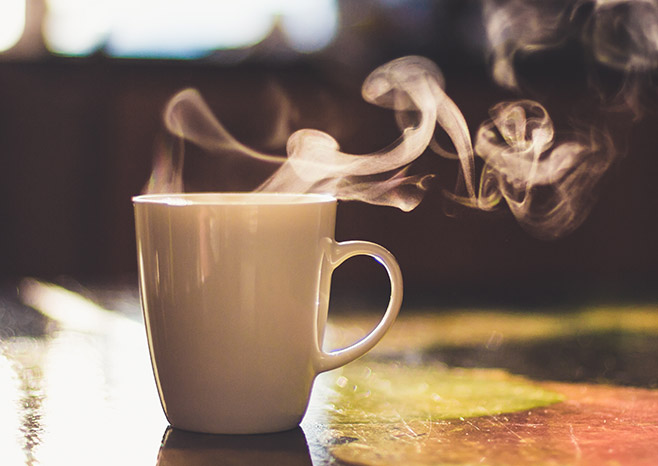
Top Heartburn-Causing Foods
While heartburn doesn’t actually come from your heart, it’s still a painful, distressing and potentially serious side effect from overindulging or eating certain foods. Most people have heartburn now and then and it’s nothing to worry about. For others, it’s a regular occurrence and can indicate gastroesophageal reflux disorder (GERD) or other more serious conditions. Luckily, we know which foods cause heartburn and limiting or eliminating them from your diet can do the same for your aching chest. If you’re one of the 60 million Americans who suffer from occasional heartburn, it may help to know which foods to avoid and healthier eating habits that can reduce these painful episodes.
What Causes Heartburn?
That burning sensation behind your breastbone is actually stomach acid forcing its way up your esophagus and into your throat. It tends to worsen when you’re lying down or bending over, and it often strikes at night, after a large meal. It can happen when you eat too much, which causes your stomach to distend, loosening the sphincter muscles closing off your stomach from your esophagus. When this happens, the acid in your stomach flows backwards into your esophagus and you experience a burning sensation. Some foods can cause your stomach to produce extra acid, especially rich, fatty foods that stay in your stomach longer. Besides fatty foods, here are some of the most common heartburn triggers:
• Tomatoes
• Alcohol
• Chili peppers and spicy foods
• Chocolate
• Citrus fruits
• Garlic
• Raw onions
• Coffee
• Carbonated drinks
• Peppermint
• Whole milk
• Butter
Obviously, the best way to avoid heartburn is to avoid overeating or reduce your intake of any of the above foods, especially before bedtime. Other strategies include eating dinner at least three hours before bed, having several small meals instead of three larger ones and adding ingredients like vegetables, grains, potatoes, melons, bananas, oatmeal and ginger to your diet.




